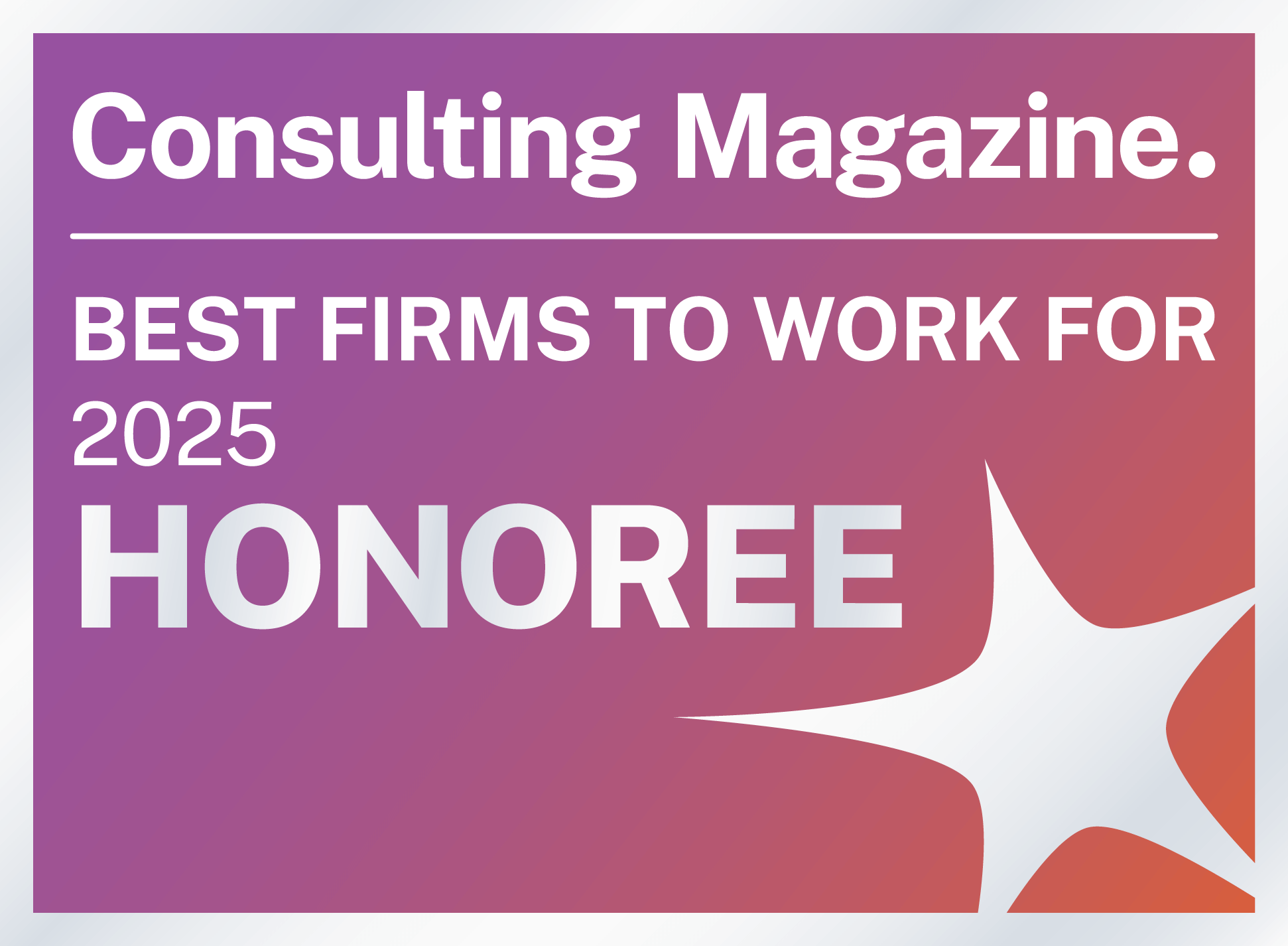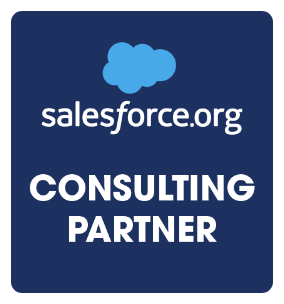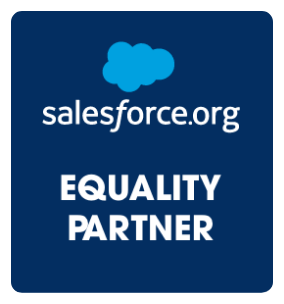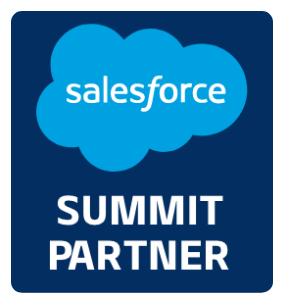This post originally appeared on Salesforce.org on March 1, 2019.
While January is behind us, to keep New Year’s Resolutions going past February, it helps to get support from friends!
What better place to turn than the Salesforce Ohana for some inspiration? For lessons from some of the most efficient and lean organizations in the world, the Boston Athletic Association (B.A.A.), organizer of the Boston Marathon, may be one of the best inspirational stories.
The Boston Marathon is the pinnacle of the running world and the oldest continually operating marathon, having started in 1897. With over 30,000 participants annually having to meet strict qualifying standards, running this race is a life goal for many.
From an operations and logistics perspective, the entire B.A.A. is a thing of beauty. The vast majority of participants in the marathon have their qualifying time automatically verified upon registration against the list of millions of results from qualifying marathons throughout the world. Over race weekend, approximately 10,000 volunteers assist with the event, requiring coordination of shifts, jobs, and materials. Their charity program, where participants run to support all manner of charitable organizations, raises tens of millions of dollars every year.
The B.A.A. does all of this with only 30 full time staff:
- A team of 5 manages registration for the race itself.
- Two staff manage the activities of nearly 10,000 volunteers.
- A single charity coordinator manages partners and thousands of participants and their wavers.
- All of these responsibilities are supported by a single technical systems person, their Salesforce Administrator.
How Salesforce.org Nonprofit Cloud Powers the Boston Marathon
At its heart, the story of the B.A.A. is similar to the story of its participants: continuous improvement, seeking operational efficiency, and selecting the right tools to uncover every bit of additional performance from their staff and their systems to serve more people more efficiently. When the organization was considering replacing their custom built, 20-year-old race management system, it was a serious undertaking, as no out-of-the-box product could be reasonably adapted to meet their strenuous performance, efficiency, and customer service requirements. During their search, Salesforce emerged as the best-suited modern platform to meet their distinct needs.
The B.A.A.’s performance requirements are enough to put stress on any system: thousands of people on the web forms when registration opens with peaks of up to 100 submissions per second. Think rock concert tickets going on sale, not Giving Tuesday. Every one of those registrations needs to be reviewed and passed through a duplicate check, disqualified list check, payment check, qualifying time check, and other checks before the participant can be approved into the race.
Their precision requirements are equally strenuous – while most organizations care about data quality, the reputation of the B.A.A. as an organization is only as good as the data they present to the world. At the B.A.A., data integrity is core to their mission. A data problem is likely to become a story in the national news.
Implementing Salesforce.org Nonprofit Cloud at the B.A.A.
With these critical requirements, the greatest challenge in implementing Salesforce at the B.A.A. was focusing on lightweight, easy to maintain solutions that also provided the necessary streamlined efficiency. This led to several key design principles, which may be as helpful for your New Year’s resolution as they were for the B.A.A., as follows:
- Focus on the work that needs to happen now, in this moment; don’t try to solve the whole problem at once.
A single registration for the Boston Marathon involves at least 7 related objects across their Salesforce Org that need to be created or updated and requires some serious processing to run all the necessary validation checks. That said, at the moment when the system needs to perform at scale, the only work that actually needs to happen is to record the submitted registration data and authorize a charge on the credit card. This is a single API call and record insert. Everything else can happen later, when performance is less critical. - Learn from and use what others have done before you, don’t reinvent the wheel.
Nobody had tried to operate a world-class marathon with Salesforce before the B.A.A., but some problems, like processing credit cards or accepting form submissions from the web, are problems that the Salesforce ecosystem has solved well with AppExchange packages like Chargent and FormAssembly. - Know yourself, your needs, and where you require structure and support.
With a single technical staff person responsible for both day-to-day maintenance and large system customizations, every line of custom code carries a heavier maintainability challenge than is true for larger, more resourced organizations. As a result, the B.A.A. implementation focused on using declarative tools like Process Builder and auto-launch visual flows to solve most automation challenges. Custom code was reserved for two key situations: 1) Where a specific task like volunteer assignment required a streamlined user experience, and 2) Where performance requirements or complexity requirements exceeded the capabilities of declarative tools. - Know where you need flexibility to break the mold.
We knew this was breaking new ground in the Salesforce ecosystem, and as a result, many off-the-shelf products made the wrong assumptions around how the B.A.A. needed to operate and were unable to offer the efficiency they required. As a result, the consulting team from Attain Partners decided to focus on tools that self-define as a “platform” rather than a “product” and made as few assumptions as possible.
This April will mark the 123rd running of the Boston Marathon, and the second year the registration, management and operations for the B.A.A. have run on Nonprofit Cloud.
Learn more about how other nonprofits use Salesforce.
About the Author
Chris Pifer is a Principal Consultant at Attain, a management, technology, and strategy consulting firm delivering market leading results to customers in the government, healthcare, education, and nonprofit markets. Chris serves higher education and nonprofit clients as a senior leader providing subject matter expertise on the technical implementation of Salesforce and relevant third party tools. His specialties include solution analysis and design, data analysis and migration, and test and quality assurance. Prior to Attain Partners, Chris helped mission-driven organizations with their technology and web development needs. Chris holds a BA in Political Science from the University of Minnesota-Morris and lives in Atlanta, GA. Connect with him on LinkedIn.










